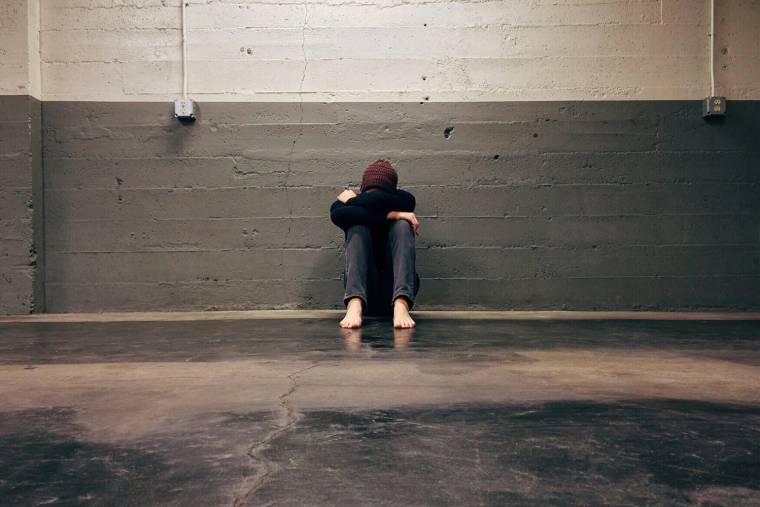
Behind the Public Persona: Sportspersons and Political leaders breaking the Mental Health Stigmas
Recently many famous sportsperson have come forward about their mental health struggles. Be it the famous gymnast Simon Biles, cricketer Ben Stokes, basketball star Liz Cambage, or Grand Slam champ Naomi Osaka. All have been very open about their struggles. The fact they have accepted their mental health being in the public eye is commendable. It is not like mental health is a new issue, but sportspersons of the past were discreet about their mental health battles. For example, Serena Williams took a break in 2015 without disclosing the real reason. It was only months after her coach revealed the real reason for her break. So the fact that sportspersons are more comfortable and open to revealing their struggles is groundbreaking for the impact that has on overall society.
Last week, the office of Senator John Fetterman announced that he had checked himself into the hospital for treatment of depression. This disclosure is being hailed as a paradigm shift in how mental health conditions are viewed, as it is seen as a courageous step towards treating it similar to how physical health is treated. Depression is more common than many people realize, with 41 percent of Americans experiencing recent symptoms of a depressive or anxiety disorder during the pandemic and an estimated 8.4 percent of the population having had at least one episode of major depression in 2020.
It was found that the prevalence of depression and anxiety in the United States is comparable to the rates of hypertension and diabetes however mental health is still stigmatized. It is still not given the same compassionate and urgent treatment as physical ailments. Senator Fetterman’s disclosure is paving new roads because in the past the diagnosis of depression was disqualifying for political offices, such as in the case of Senator Thomas Eagleton in 1972. In 2019, Rep. Seth Moulton described sharing his own struggle with post-traumatic stress disorder as a “political risk.”
While political leaders have spoken about behavioral health more in recent years they have typically shared stories about others rather than their struggles. This has created a perception that having an active mental health condition would make someone unfit for political office. Senator Fetterman’s full public disclosure of his depression is therefore highly commendable as it challenges this pervasive stigma.
His public disclosure that he was hospitalized for depression was not necessary as his office could have been vague about the reason for his hospitalization. However, by being open about his depression he is helping to educate the public that depression is a medical ailment that can be effectively treated. While some may view his transparency as an effort to prevent criticism over his prior medical issues, it still serves as a commendable example of acknowledging mental health conditions as treatable mental ailments. Emphasized the importance of understanding depression as a chronic disease, rather than a temporary condition that can be attributed to a specific event such as a stroke. People with a history of depression may experience ups and downs much like those with physical conditions such as hypertension or diabetes. It is important for those who are struggling with mental health to seek treatment and resources such as employee assistance programs, school counselors, and crisis hotlines.
Fetterman’s acceptance of mental health can be seen as groundbreaking because it is informing people that mental health is just as important as physical health. One can dream of the day when Indian politicians also embrace their mental health conditions. In the current Indian context, it is still seen as taboo and a hush-hush matter which should remain behind closed doors. Seeing that we as a society love to immaculate the West, maybe in this scenario it might lead to a positive result. The 24×7 Toll-Free Mental Health Rehabilitation Helpline KIRAN (1800-599-0019), is one initiative by the Government of India that you can call if you need any help with your mental health.
